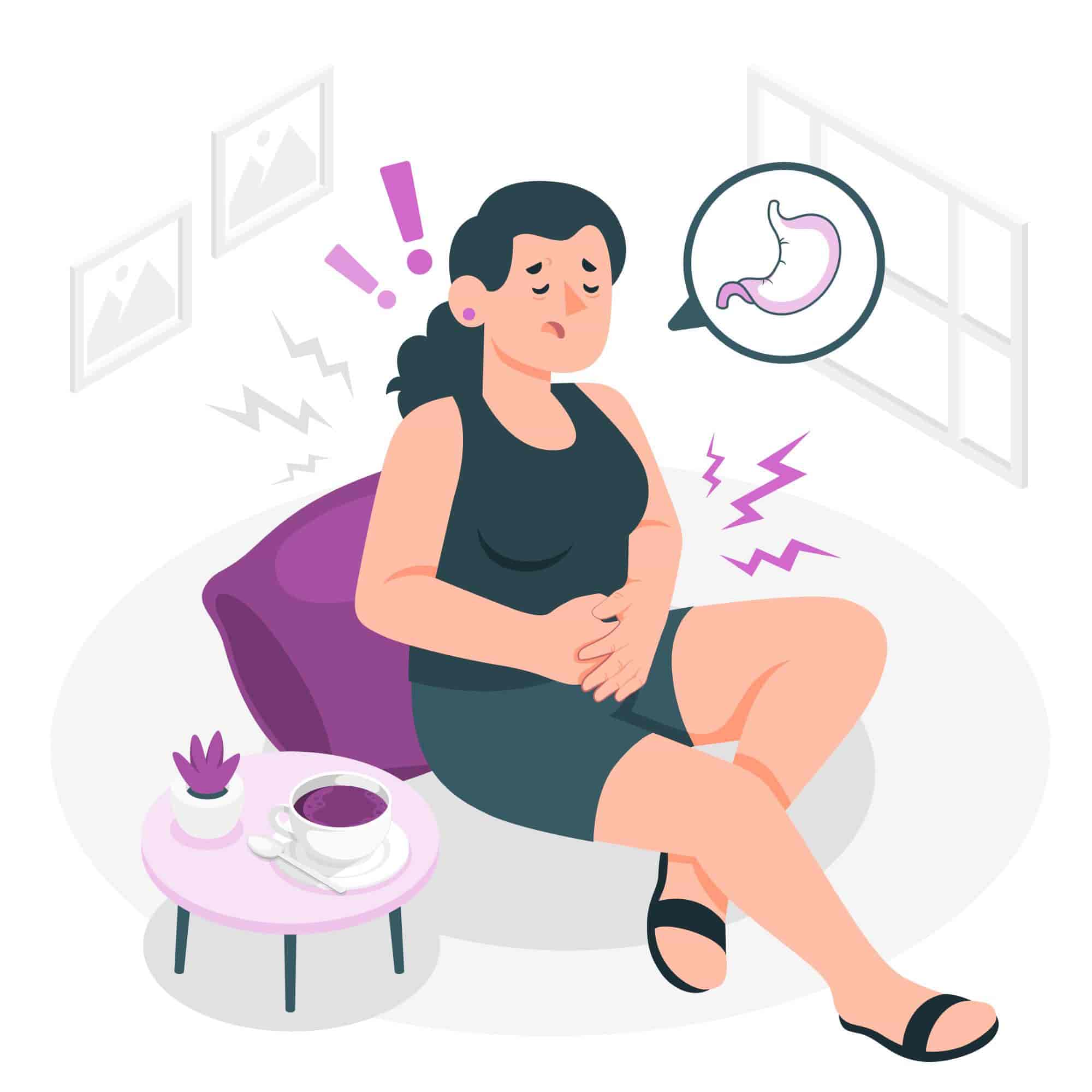Have you noticed changes in your bowel habits throughout your menstrual cycle?
Alongside premenstrual syndrome, it’s normal to experience bowel issues such as constipation, diarrhea, and more frequent bowel movements.
There’s a simple explanation for this: Hormones! Here’s how your poop and your period are connected.
Why do I poop more during my period?
Just before your period, your body produces more prostaglandins, a hormone that causes the uterus to contract so it can shed its lining during your period.
But prostaglandins can also have the same impact on your intestines and bowels. This can cause — you guessed it — more frequent bowel movements.
Why do I get diarrhea?
While some women just have runnier poop, others experience diarrhea on the first couple of days of their period.
This is also a result of the increased amount of prostaglandins. It can also affect how well the body absorbs water, making your poop softer and increasing the chances for diarrhea.
It can be difficult to tell whether you have period cramps or you just need to poop. Both are uncomfortable or painful, and often accompanied by pressure in the pelvis, lower back and butt.
Why do I get constipated sometimes?
Again: hormones.
While it’s common to have more frequent bowel movements while on your period, some people experience quite the opposite.
Progesterone levels increase right before your period. Aside from it being responsible for the thickening of the uterine walls, high levels of progesterone can also lead to bowel issues.
Food tends to move slower through your digestive system, which results in constipation before or during the first few days of your period.
What can I do?
You can’t change how your body reacts to the changes of hormone levels. But there are habits that can lessen the discomfort.
Here’s what you can do:
- Drink more water
- Eat plenty of natural fiber, such as fruits, leafy greens, and whole grains
- Engage in frequent light physical activity
If your period-related bowel issues are affecting your daily activities, consult your doctor. You might be prescribed hormonal contraceptives such as pills to help reduce PMS and regulate hormone levels.
When should I be concerned?
Some gastrointestinal or gynecological conditions can cause severe or persistent symptoms. These include:
- endometriosis
- fibroids
- ovarian cysts
- polycystic ovary syndrome (PCOS)
- irritable bowel syndrome
Consult your doctor if you experience severe cramps or abdominal pain, periods lasting more than seven days, rectal bleeding, or mucus in your stool.
Sources:
https://www.healthline.com/health/period-poop
https://www.medicalnewstoday.com/articles/327009
https://health.clevelandclinic.org/why-do-you-poop-more-on-your-period/
https://www.natracare.com/blog/why-do-you-poop-more-on-your-period/



